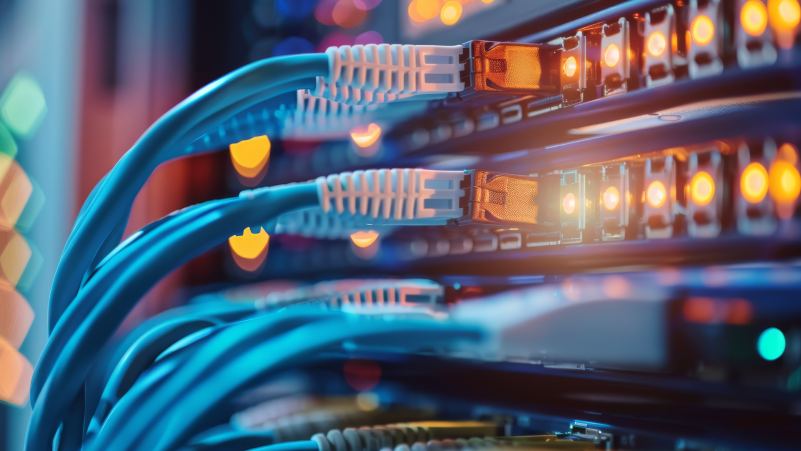February 18th, 2022
1 min read
The expansion of Internet of things (IoT) devices, sensing technology and artificial intelligence (AI) is causing the amount of generated data to accelerate as never before.
Currently, data processing is executed by individual systems with independent storage and methods: Data Generating devices and individual Data Processing system.
Data Generating Device
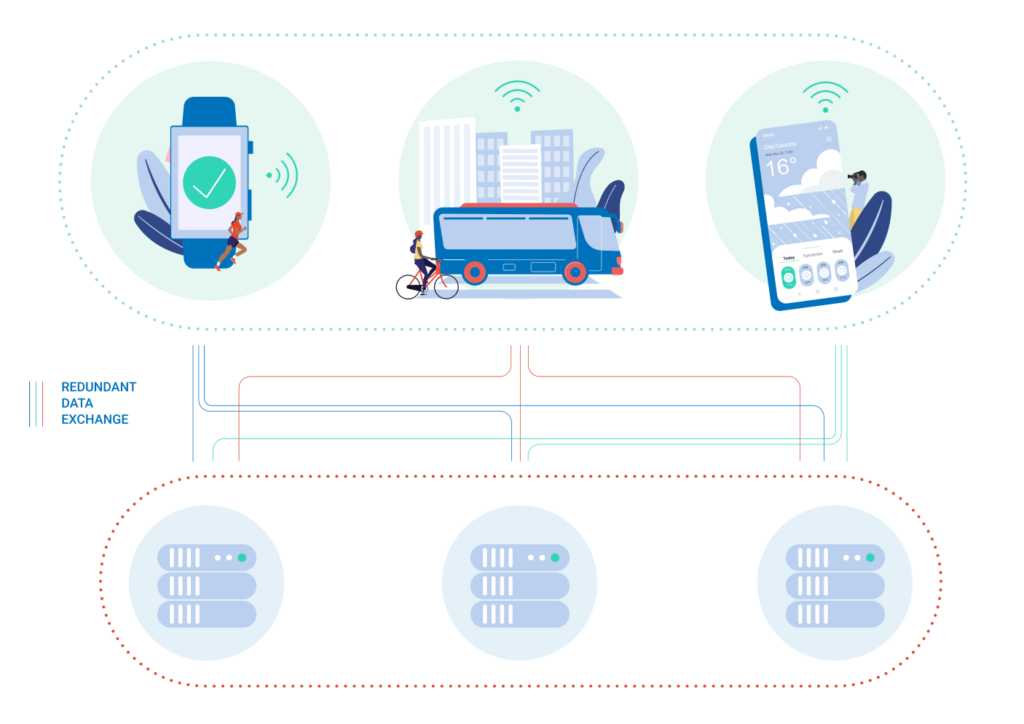
This causes four problems, which will only get bigger as new technologies evolve:
-
The same data is copied in each of the individual systems, putting storage and network performance under pressure.
-
Data processing flows will increase exponentially, making data management difficult.
-
The great amount of data items to be processed by different entities will make control much more difficult for data providers.
-
Duplicate and derived data not covered by the rights of source-data providers or by lifecycle management will increase.
Our Data-Centric model simplifies the ecosystem by creating a single data hub with multiple data holders and a common usage and governance methods: data generating device and data hubs.
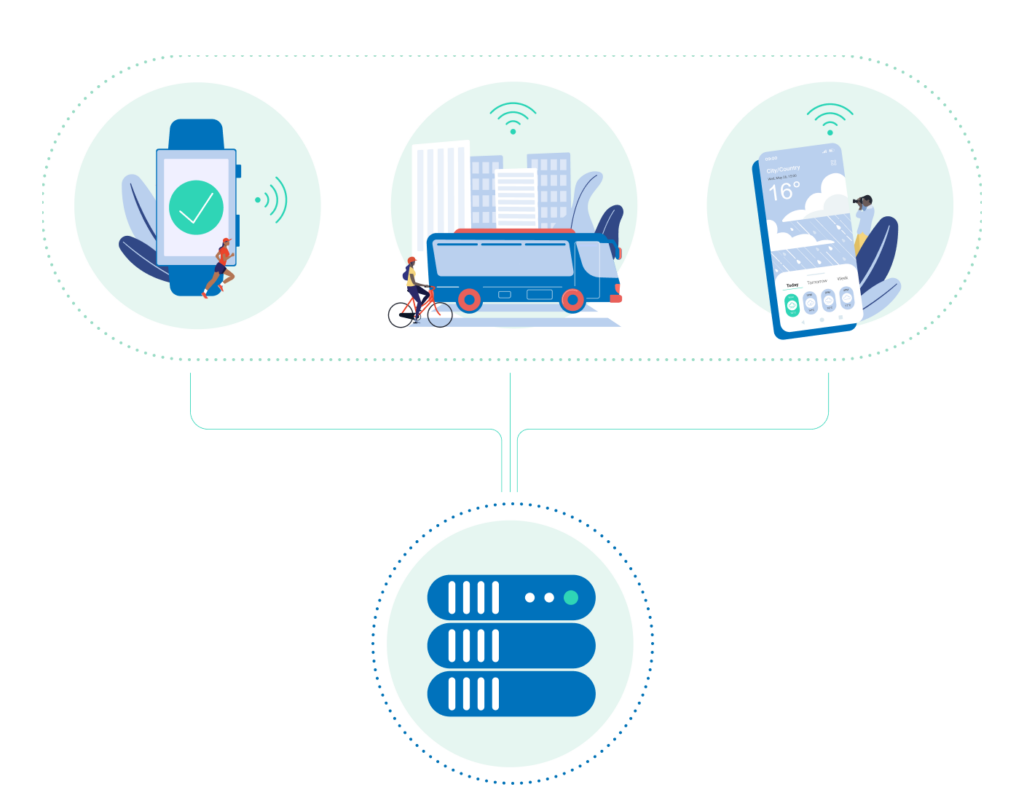
This model translates into great advantages in terms of data omnipresence and data governance.
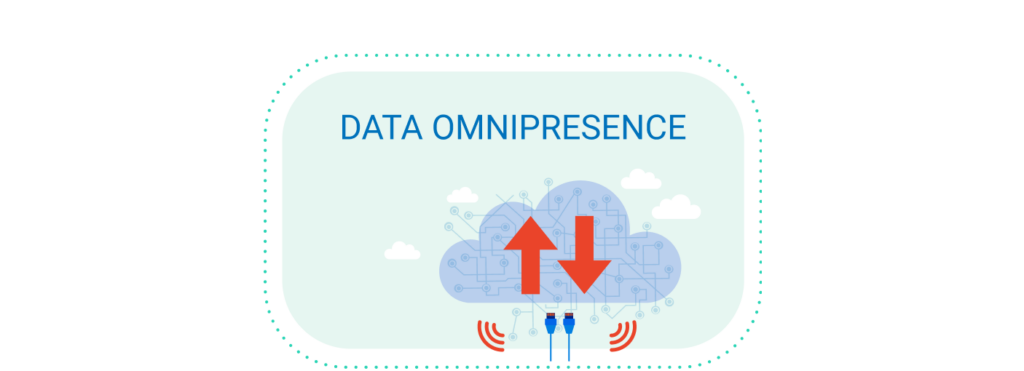
Data Omnipresence
- Data workload costs and timing are reduced significantly.
- Data users can access the data hub using APIs from made storage and message broker systems.
- When providers place data in the hub, authorized users can use them from anywhere in the world.
- Data processing can be done on the data hub itself, whit out the need to duplicate.
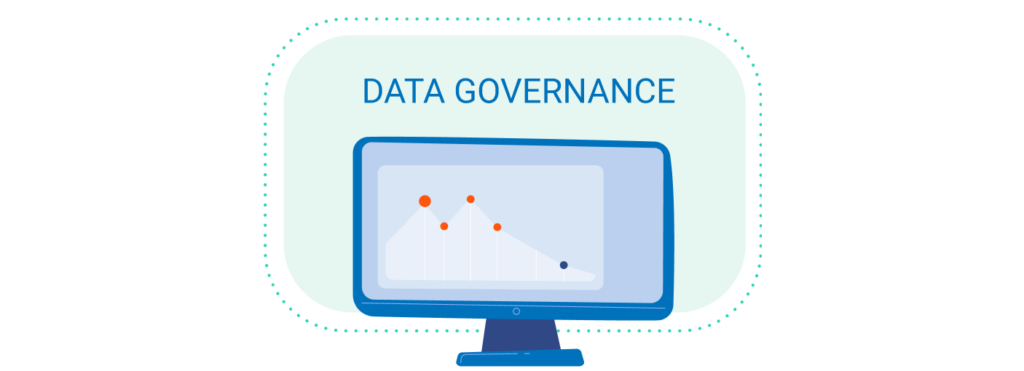
Data governance
- Data providers maintain management rights even when their data is duplicate and derived.
- Data providers have total control cover the use of their data for purposes other than those agreed upon.
- Data providers are able to verify who has used their data and for what purpose.




